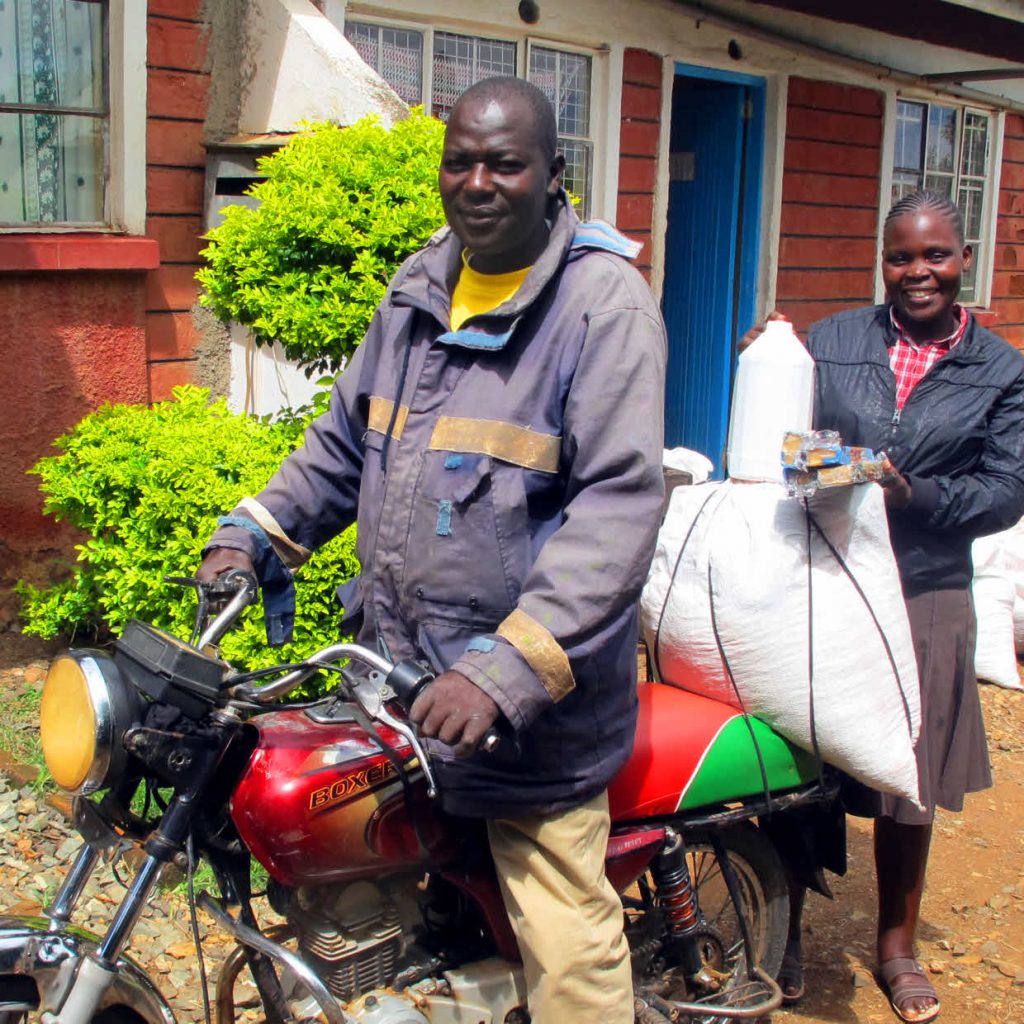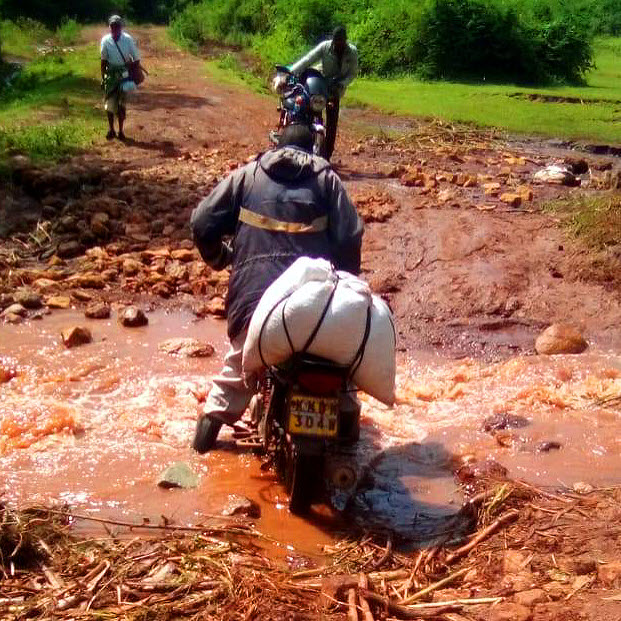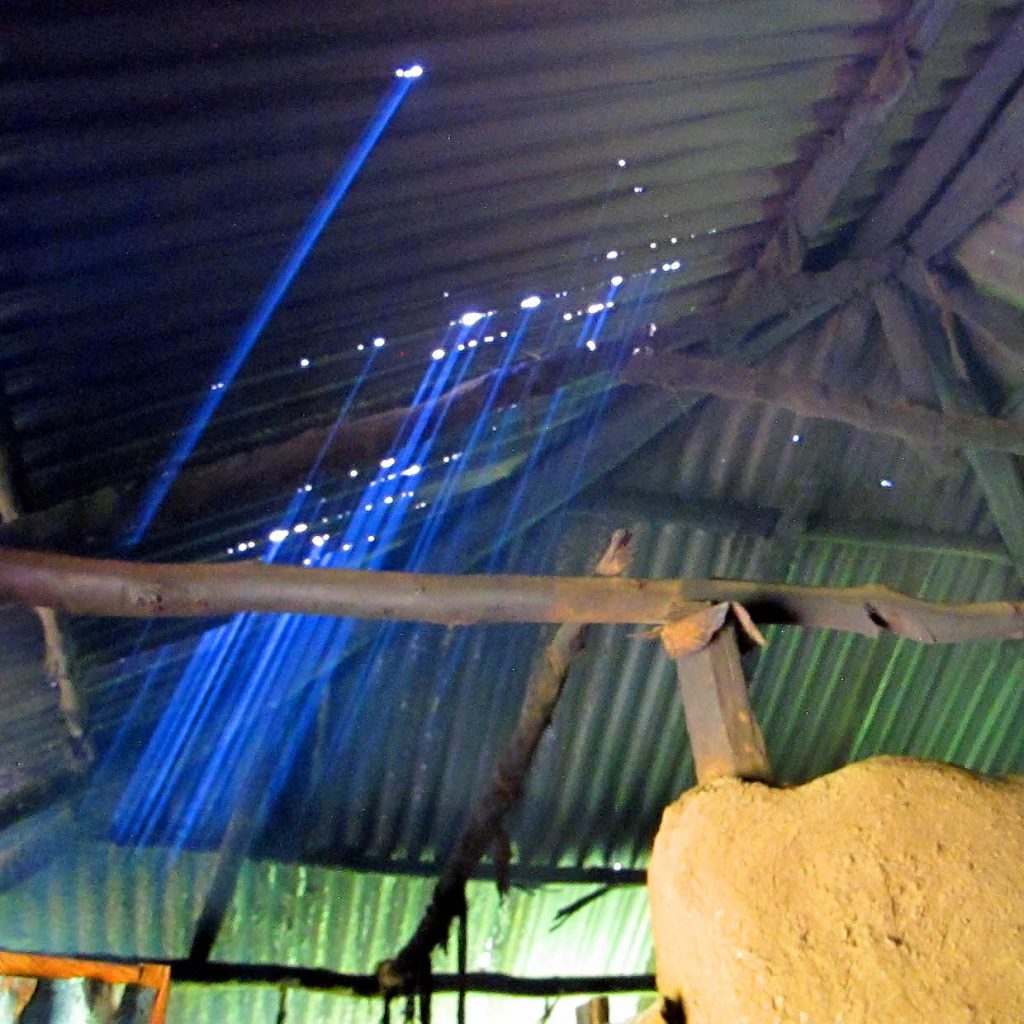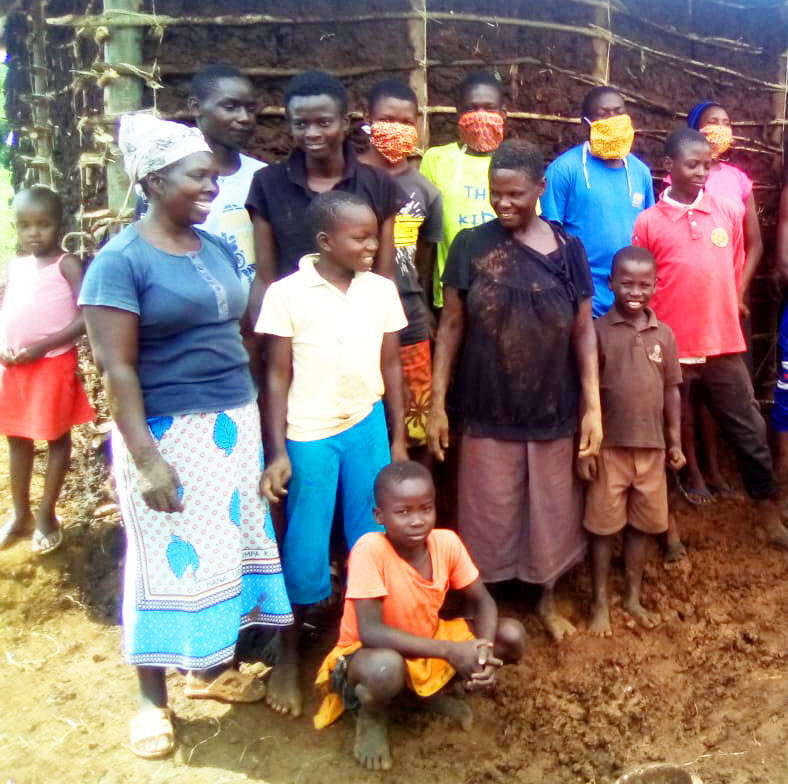Our Neighbours
we often struggle to understand how people manage to survive in our community
SUBSISTENCE LIVING IS TOUGH ON EVERYBODY especially children
hope and kindness has a significant impact
in reducing the effects of poverTy for many families
Kosele is a tough place to live in!
When we learn about ‘subsistence farming’ in geography lessons in school it is hard to make a connection between words and a way of life.
There is nothing easy about living in a poor rural community. At the mercy of the elements, beset by climate change and plagued by sickness and ill health, members of the community we serve in Kenya have a tough fight on their hands.
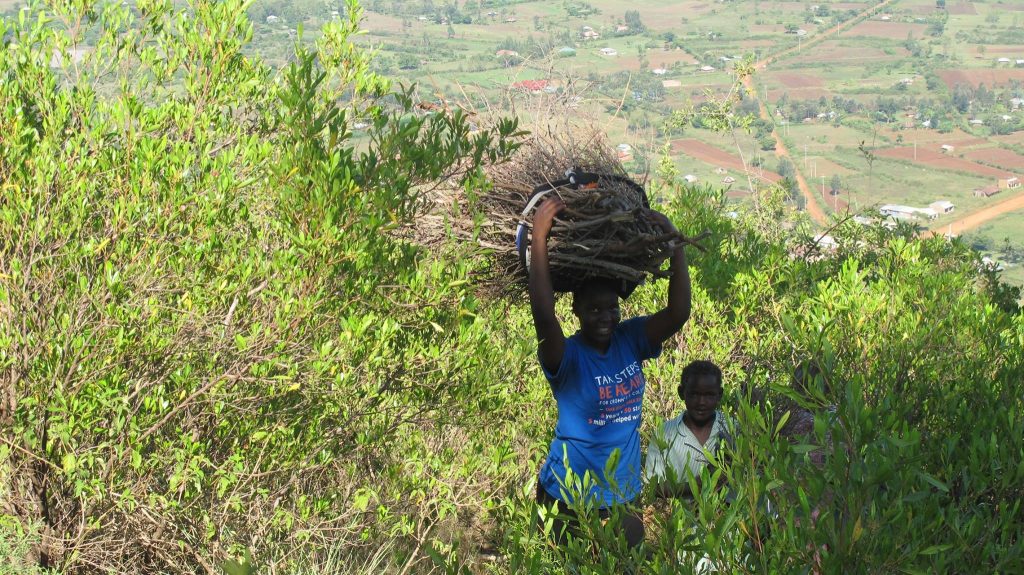
bringing help when it is needed most
When Terry and Judi Mott first went to Kenya in 2002 to start Hope and Kindness life was tough but, in may ways, more predictable than it is now. The twenty years since 2002 have seen massive changes in people’s lives in our community. In 2002 there were very few mobile phones and the mobile network was very poor. Now the Internet is everywhere and M-Pesa (a mobile payments system pioneered in Kenya) is used by everybody. The road outside Hope and Kindness was once terrible but is now much improved. A journey to the nearest town used to take thirty minutes – now it takes ten! Primary Education was still not accessible for all children. Now all Kenyan children are entitled to go to both Primary and High School (although there are still costs involved, making it difficult to achieve full-time attendance.)
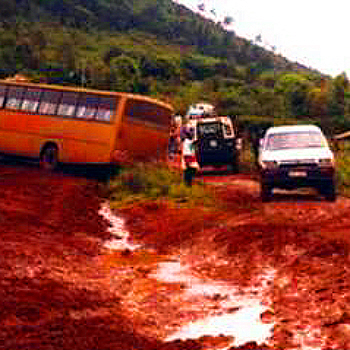
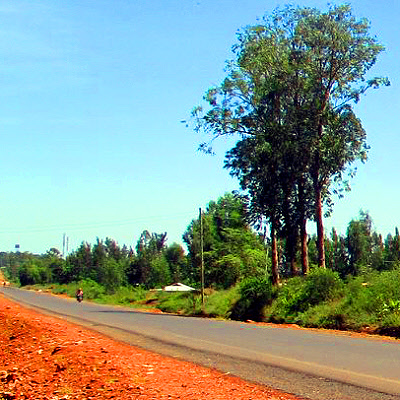
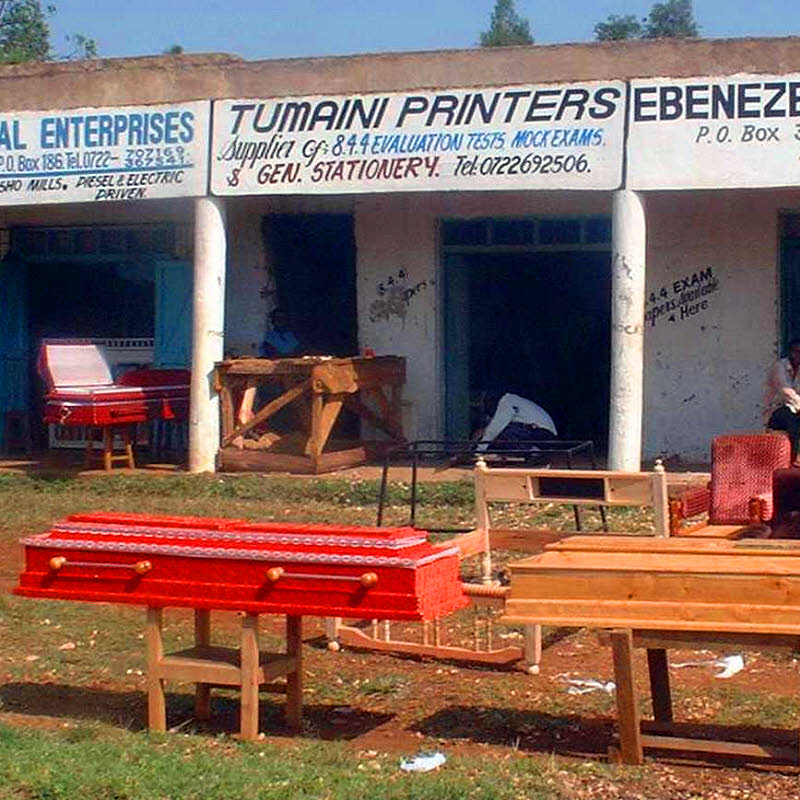
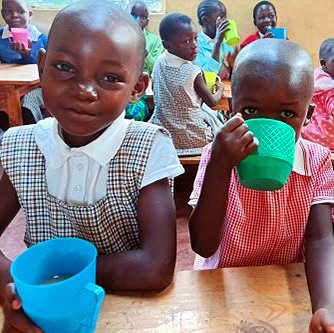
But not all change has been good. Especially the change to the climate. Kenya has two rainy seasons. The first, ‘season of long rains,’ lasts from April to June and the other one, ‘season of short showers,’ is between October and December. These are critical times of the year. Without the proper amount of rain and sunshine crops fail and people go hungry. The rainy seasons were once very predictable. That is no longer true. It is now very difficult to predict when the rains will arrive and how long they will last. Like the rest of the planet our part of Kenya is seeing more frequent periods of both drought and flooding – with disastrous consequences for farmers.
the biggest help of all
Hope and Kindness tries to live up to its name. In twenty years we have: built and repaired people’s houses, installed water tanks to collect rainwater, given money to pay for medical treatment in emergencies, given hundreds of families food assistance in desperate times, given orphaned, neglected and abused children a home in our children’s home.
We believe that the most significant help we bring to our community is delivered through our schools. Every school day 250 plus children come to our Nursery and Primary schools. This is a huge help to their families. The children in our schools come from extremely poor homes and their families are not able to care for them as well as they would want to. By providing a free education and giving the children breakfast and lunch on school days we significantly relieve their families of the two biggest burdens that they face. The Christian ethos of our school teaches the pupils about the challenges and rewards of living out Jesus’s command to love God and love your neighbour. We take this command very seriously.
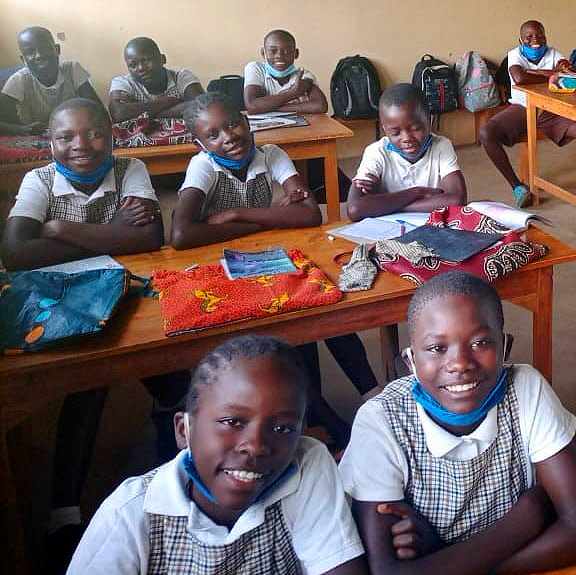
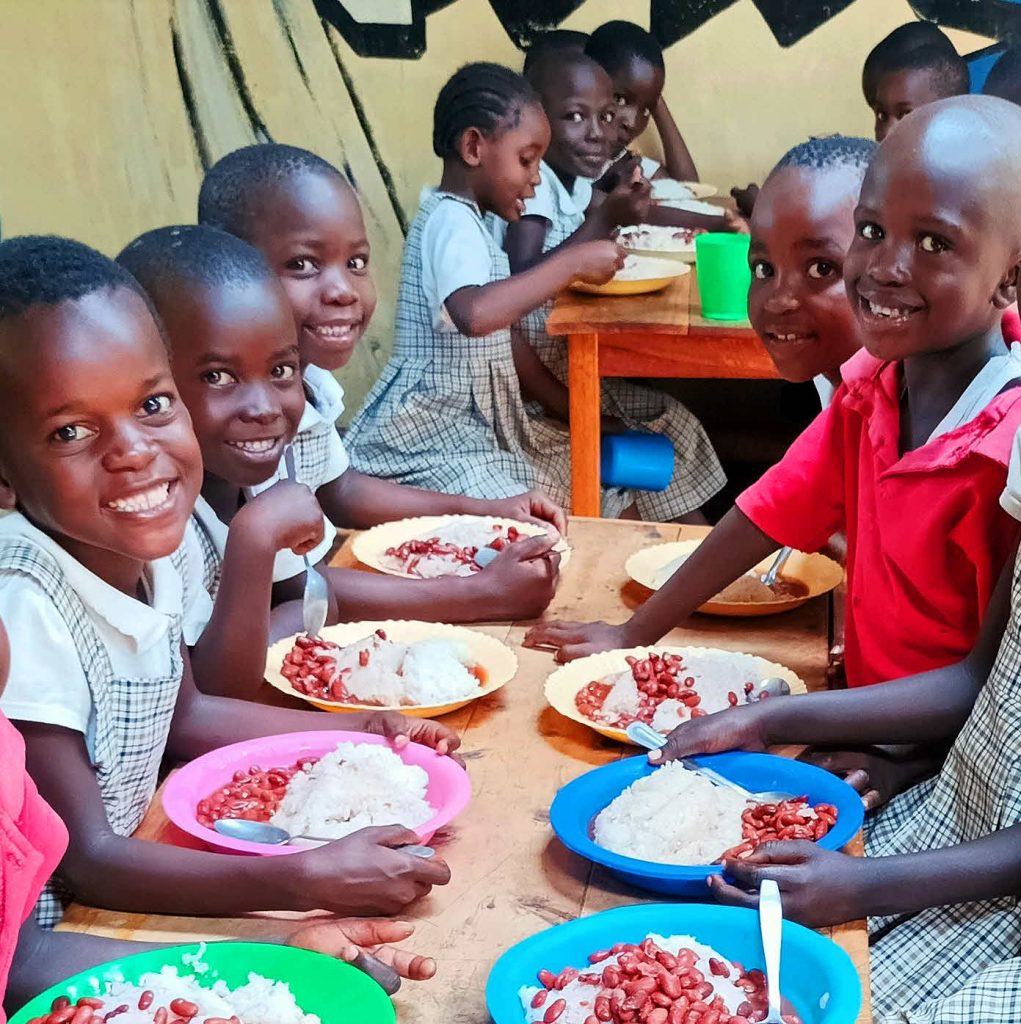
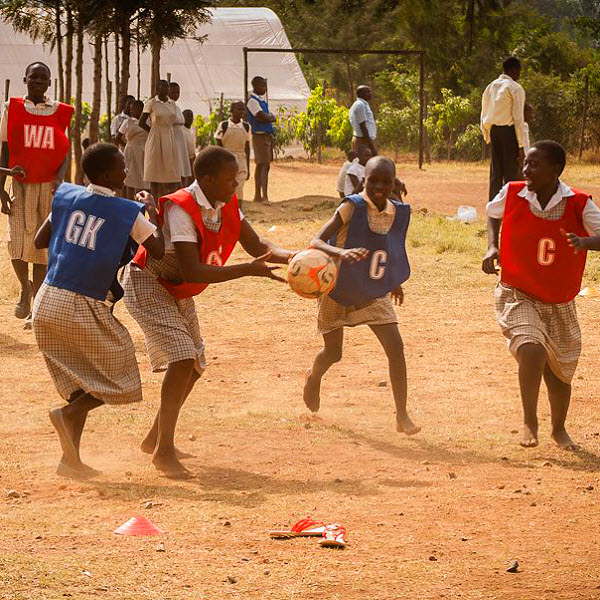
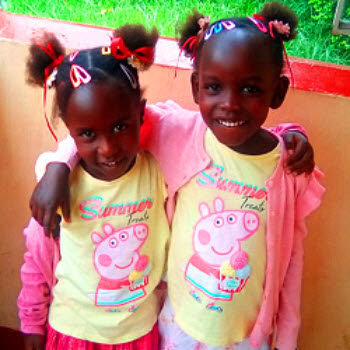
helping without hurting
Critics of work like ours would say that it just reinforces a ‘poverty mindset’ and creates unhealthy dependencies. Some would say that it prevents people in communities like Kosele from bringing their own resources and expertise to solving their own problems. We agree. That CAN be a problem, but it doesn’t have to be.
The idea of giving a man (or woman) a fishing rod rather than a fish is a very powerful illustration of the principle of helping people to help themselves. It is an approach that we have adopted in our work, for example through training adults and pupils in Farming God’s Way. We certainly believe in the ‘hand up’ rather than the handout.
Having said that, there are times when the ‘hand up’ has to be unconditional. When giving direct assistance is the right thing to do. In the twenty years that we have been working in Kenya we have responded to many disastrous events in the local community. These have been caused by floods, drought, infestations of crop destroying caterpillars and Covid. It is impossible to ignore your neighbour when disaster strikes and hard times loom on the horizon.
